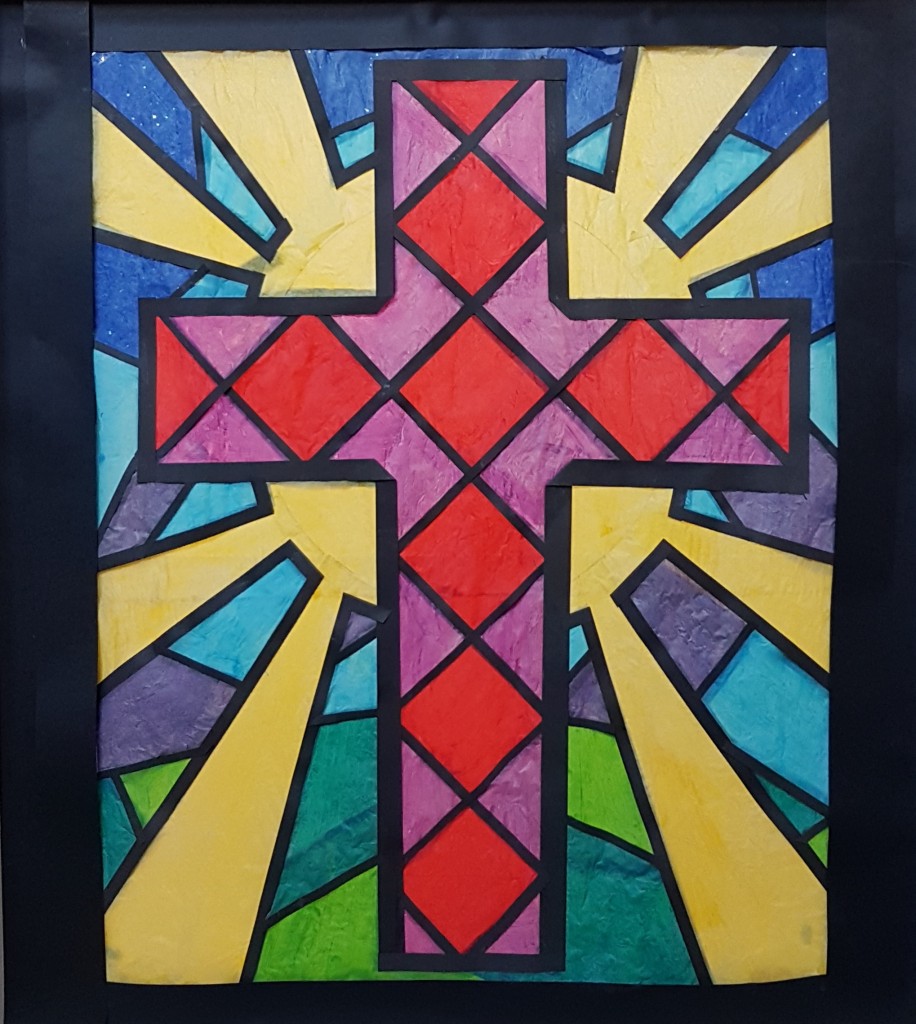Collective Worship
Collective Worship
Collective worship is the unique heartbeat of a Church school and is offered as part of a wider opportunity for children and adults to encounter faith by engaging in conversations about God, both as individuals and together.
Collective worship guidance 'Inclusive Invitational Inspiring'
We work together to plan and deliver acts of worship that are invitational, reflective and engaging. There is plenty of flexibility in the provision of collective worship to enable all pupils to benefit without compromising their beliefs.
Collective worship gives pupils and school staff the opportunity to:
- Engage in an act of community.
- Express praise and thanksgiving to God.
- Be still and reflect.
- Explore the big questions of life and respond to national events.
- Foster respect and deepen spiritual awareness.
- Reflect on the character of God and on the teachings of Christ.
- Affirm Christian values and attitudes.
- Share each other's joys and challenges.
- Celebrate special times in the Christian calendar.
We have welcome words, to introduce each new value.
|
The welcome words are :
|
 |
The value shown in bold changes each term. It would be lovely if you could share these with your children.
Our children monitor and evaluate collective worship to help them to think deeply about what they have learned and will take with them from worship.
We share the week’s collective worship focus with our families and provide them with a prayer and ideas for discussion so they can explore worship at home too.
